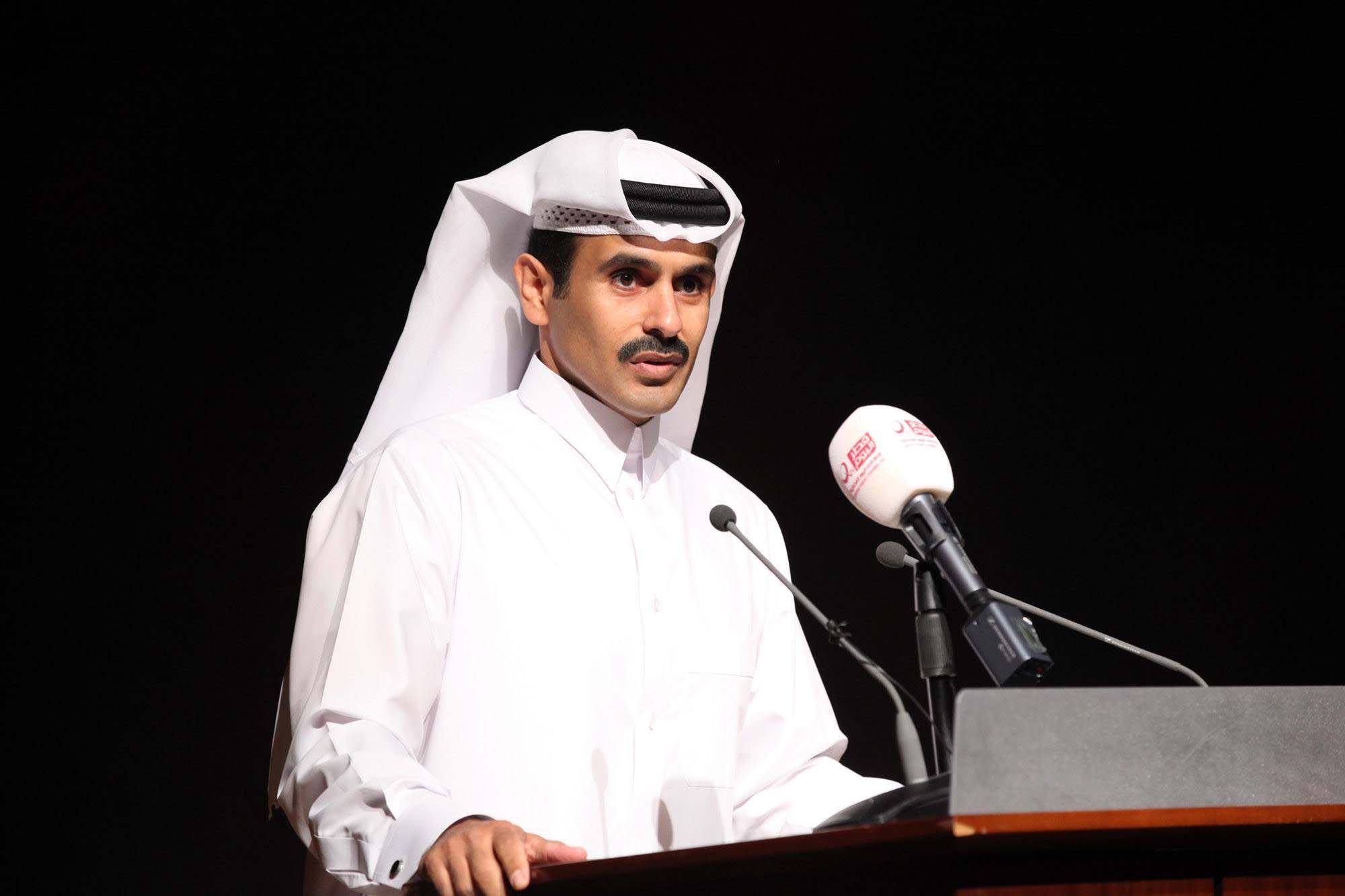Qatar’s Amir and Russia’s president met earlier this month in Astana.
All oil and gas commerce should be depoliticised, Qatar’s energy minister said on Monday, adding that anti-free market agreements and sanctions should be abandoned.
Saad Sherida Al Kaabi, who is also the CEO of QatarEnergy, made the remarks ahead of a meeting of the Gas Exporting Countries Forum (GECF) in Egypt.
The commentary is also in line with the concerns of many business leaders who worry that a G7 (consisting of Canada, France, Germany, Italy, Japan, the United Kingdom, and the United States) price restriction on Russian oil might “paralyse” global trade, according to Reuters.
The European Union and G7 are planning to cap the price that nations pay for Russian oil starting 5 December. They warn importers of Russian crude oil that if they pay more than the cap, western insurers will not cover oil shipments.
“The State of Qatar and QatarEnergy urge all governments and multilateral institutions to craft policies which depoliticise the exchange of fuel commodities in the form of sanctions or anti-free market agreements,” Al Kaabi said in a statement.
Last week, the European Commission also put up its most recent set of emergency measures to combat rising energy prices, but it refrained from proposing an immediate cap on gas prices because the EU member states are still divided over the issue.
The EU has not imposed sanctions on Russian gas due to the bloc’s 40% reliance on its gas.
Bernstein Research estimates that replacing all of the Russian gas entering Europe would require an annual 112 million tonnes of LNG, equivalent to approximately one-third of the current market.
Though there is disagreement over the structure of the cap, more than 15 EU nations, including Italy, Poland, Greece, and Belgium, have advocated for one. Germany and the Netherlands warn that limiting gas prices may make it difficult for nations to attract gasoline from international markets during a winter when Russian supplies are in short supply.
The Qatari energy minister also added that governments should condemn “the sabotage and military attacks on energy infrastructure or power grids.”
The remarks came ahead of a meeting on Tuesday between Al Kaabi and his Russian counterpart Nikolay Shulginov in Cairo.
“During the meeting, they discussed bilateral relations in the field of energy between Qatar and Russia, and a number of issues related to the forum’s work,” Qatar News Agency reported.
Recent Qatar-Russia engagement
Qatari officials are seen engaging more with Russia, as Qatar’s Amir Sheikh Tamim bin Hamad Al Thani met with Russia’s President Vladimir Putin in Kazakhstan early October, the first such meeting to occur in years. During the meeting, they discussed their “strong and historical relations.”
During the meeting with Sheikh Tamim in Astana, Putin said he would be glad to see the Qatari leader visit Russia, according to state-run Russian News Agency.
“We are all glad, and our entire delegation is glad to see our friends from Qatar. We have practically started discussing issues on the current agenda during our work lunch,” the Russian leader expressed.
Having last seen one another back in 2019, the Russian president further expressed: “I want to say that I am very glad to see you again, as we have already agreed, we will be glad to see you paying a visit to Russia.”
A person involved with the discussions said prior to the talk between the two leaders that the meeting is seen as as effort to reduce tensions between Doha and Moscow, which have escalated since the Russia-Ukraine conflict started back in February.
Despite trying to maintain a largely neutral attitude towards the issue, gas exporter giant Qatar has made certain moves that have irritated Moscow, according to the source.
Qatar was also one of eight non-NATO nations that attended a NATO summit earlier this year and has criticised Russia’s acquisition of Ukrainian territory.
The source cited as examples Russia’s delivery of humanitarian help in Syria and its role in facilitating discussions between international powers on Iran’s nuclear file and claimed that some of these moves are a testament to Russia’s “displeasure” and thus the consequent interference in key Qatar dossiers.
The meeting came just a day after Doha joined 143 countries to vote on a United Nations General Assembly resolution rejecting Russia’s annexation of Ukrainian territories.







